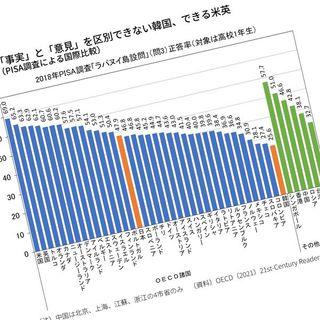Parent and child must read!Why do you lose your grades with your smartphone for a long time?
Cyber literacy principle (11) is "No smartphones after 9 pm for junior high school students or younger". This is an extension of the “cyber genpuku” proposal (http://www.cyber-literacy.com/blog/archives/2008/03/20083.html) that I have advocated before. It is a more concrete form of the idea of restricting the time or place of education).
The Ministry of Education, Culture, Sports, Science and Technology announced at the end of August 2014, "National Academic Ability and Learning Situation Survey," which showed interesting results regarding the usage time and grades of mobile phones and smartphones (hereafter referred to as "smartphones") (http://www. .nier.go.jp/14chousakekkahoukoku/summaryb.pdf).

According to the survey, about 11% of junior high school students spend more than 4 hours talking, emailing, and using the Internet (excluding games) on mobile phones and smartphones from Monday to Friday, and about 16% spend less than 30 minutes, but mathematics A Looking at the average correct answer rate for , 55.7% of students answered four hours or more, while 72.7% of students answered less than 30 minutes. Even in Japanese language A, the former is 73.5% and the latter is 82%. In general, it was found that students who used longer hours had lower grades. Of course, school grades alone cannot measure a person's ability, but as a parent, it is a number that worries me.
The movement to limit the usage time and possession of mobile phones and smartphones is progressing nationwide.
Ishikawa Prefecture was the first to revise the "Ishikawa Children's Comprehensive Ordinance" and implement the first ordinance in Japan to prohibit elementary and junior high school students from having mobile phones from January 2010, along with thorough filtering. (When the prefectural board of education surveyed the ownership rate of mobile phones before and after the implementation, the percentage of first-year junior high school students dropped to 16.2% in 2008 and 14.0% in 2012, but the number of first-year high school students dropped from 96.2%. 97.2%, which is increasing).
From the beginning of 2014, the movement toward regulation accelerated. Don't let him carry it," he called on his parents.